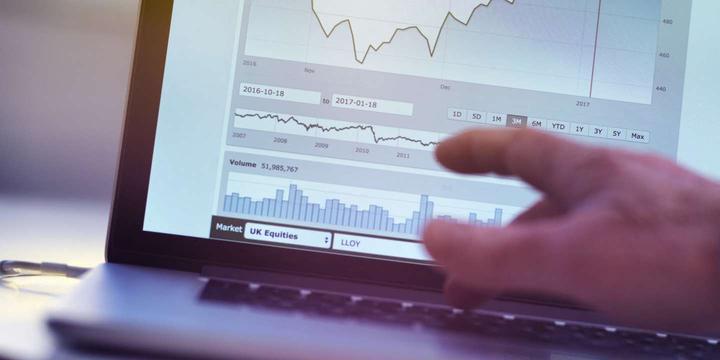The knowledge of economists is not such as politicians must follow their precepts with confidence
Stand.The flowering of economic proposals, often heterodox, at the start of the presidential campaign prompted the profession of economists to wonder, like the economist Emmanuelle Auriol, in his tribune in the world of December 17, 2021, "why economistsAre they so little listened to by the 2022 presidential candidates?»A recurring response underlines the deficit in economic culture both of citizens and political leaders.That more economists access political responsibilities and societies will be better!
We cannot be satisfied with this proposal.She overestimates the knowledge of economists, she postulates an improbable fusion of two antipodes.Above all, it neglects the mobilization of the expectations and skills of citizens.There is no need to insist on the fact that the knowledge of economists is not such that political leaders must follow their precepts with confidence.
Lire aussiArticle réservé à nos abonnés« Les propositions des économistes se réfèrent à un monde trop imaginaire pour espérer avoir quelque effet sur le réel »Indeed, there is a much more fundamental reason in the discretionary power granted to political leaders.The scientist - that aspires to be the economist - must seek to establish the truth of the proposals he advances.It offers a paradigm from which it follows from the properties which it must subject to a multiplicity of tests: if they resist it - a rare circumstance in macroeconomics -, the community to which it belongs recognizes its scientific character.
The weight of public opinion

This supposes that phenomena reproduce identically in time and space.This is not the case for innovations that make a time: yesterday the euro, liberalization and financial globalization, today the responses to climate change, pandemics and inequalities.
As most economists restrict their analysis to the allocation of rare resources to meet potentially unlimited needs, all processes are therefore evaluated in terms of efficiency principle.Or a particular conception of what is a "good society", which is not unanimously intended.Economists thus readily leave public decision -makers with the issue of social justice;However, it often conditions the acceptance of economic policies.
Lire aussiArticle réservé à nos abonnésLe gouvernement veut reproduire le succès de start-up industrielles telles qu’ExotecThe contrast to the habit of the political leader is manifest.Its objective is to access power, to maintain itself by deciding measures which consolidate its support by a sufficient fraction of the population.It is therefore turned towards public opinion.Nowadays, it uses both quantitative and qualitative ratings (degree of approval of this or that measure) ... even if in the past their, misinterpreted results, have been a source of stinging chess.
You have 58 left.76% of this article to read.The rest is reserved for subscribers.










10 Ways to Stay Safe When You Live Alone
Hotels, restaurants: tips paid by credit card will soon be tax-exempt
"I was a rot in the evening and a good cop in the morning": meeting with "Haurus", the thug policeman of the DGSI
Will Belgian workers quit?